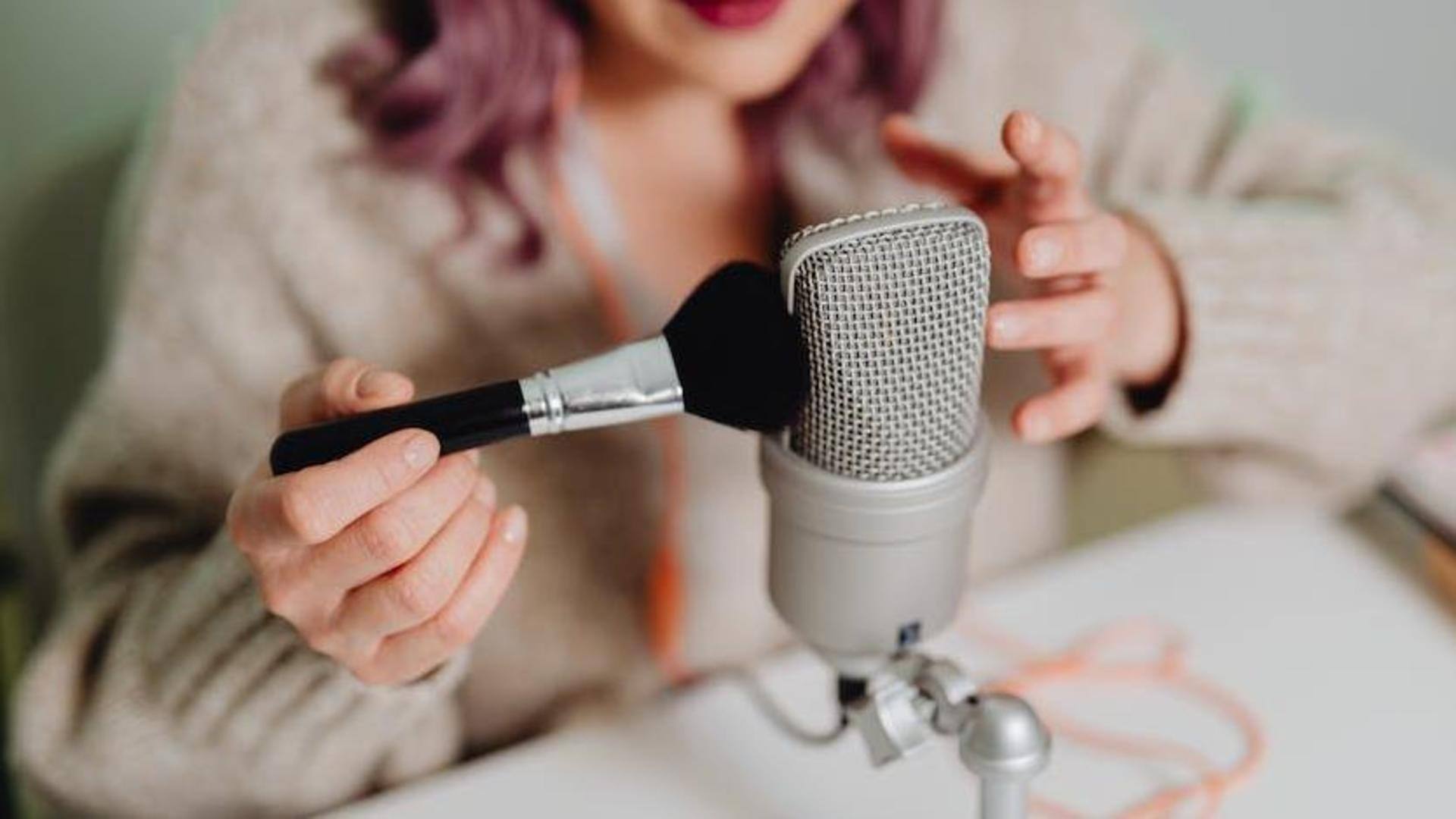
Understanding the craze behind ASMR
What's the story
While scrolling through Instagram or YouTube, you might have come across videos or audio of concentrated gentle sounds - giving you a good sensation. This is referred to as ASMR (Autonomous sensory meridian response). In the past few years, the ASMR trend has witnessed an increase in audience in the social media community. Read on to find out what ASMR is.
What is ASMR
What is ASMR?
ASMR, a tingling sensation induced by audiovisual stimuli, is linked to positive emotions. People often use it to relax, sleep, release tension, and soothe anxiety. These sounds trigger sensations comfortable to the brain and the neurons. The blissful tingling sensation begins at the crown of the head and travels down the spine and limbs, spreading a sense of relaxation.
Brain activity
What happens to your body when you listen to ASMR?
When one listens to ASMR content, the prefrontal cortex, the front portion of the brain, gets stimulated. It is a crucial area that is associated with social behavior in interpersonal relationships. Some studies have also stated that ASMR is associated with a lowered heart rate, which is a sign of relaxation. This is similar to the relaxation one gets from meditation or yoga.
How it became popular
How did it become a trend?
Though it wasn't always labeled as such, the concept of ASMR has been around for a very long time. In 2007, discussions regarding ASMR experiences in an online forum led to the development of our current understanding of the phenomenon. The phrase was first used in 2010 by YouTuber Jennifer Allen, after which the phenomenon rapidly took off.
Popular sounds
Popular ASMR sounds
ASMR videos involve the setup of microphones to amplify the beauty of natural sounds. Enthusiasts record unboxing packages, highlighting the taps of fingernails, and the gentle crinkling of paper. Similarly, cooking videos feature the enchanting symphony of utensils clinking and soothing slurping sounds. These auditory experiences encompass whispers, blowing, chewing, delicate scratching, and tapping, inducing a euphoric state often described as a "brain orgasm."
Benefits and demerits
How does ASMR affect us?
There are reports which suggest that listening to ASMR has helped in improving mood, pain relief, better sleep and sometimes deeper concentration. However, there is also a fraction of people who have reported experiencing stress and sadness from ASMR. Some people feel nothing at all, too. Excessive consumption of ASMR content can also make people numb enough to no longer feel anything from it.